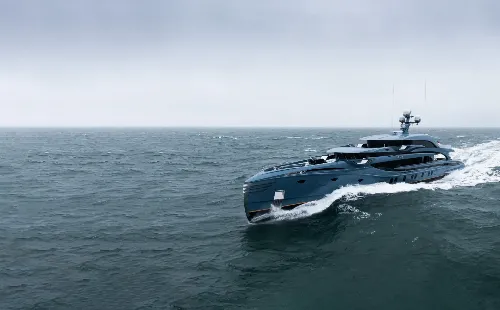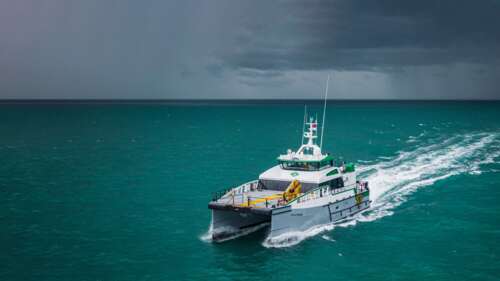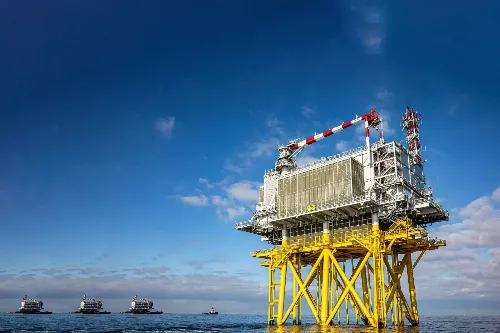Thinking about working in the Netherlands as a maritime engineer? Then you might have heard about the Dutch 30% ruling. It sounds technical, but it can make a big difference to your net salary. In this blog, we explain how the scheme works, what’s changing, and how Middle Point helps engineers make the most of it.
First, what is the 30% ruling?
The 30% ruling is a Dutch tax advantage for highly skilled professionals from abroad. Foreign employees can receive up to 30% of their gross salary tax-free for a limited period. The idea behind it is to cover the so-called "extraterritorial costs”, the additional expenses of relocating and living abroad, such as housing, travel, and settling in.
For international maritime engineers relocating to the Netherlands, this benefit can result in a significantly higher net income. Depending on your gross salary, the tax advantage can add up to thousands of euros annually, a serious incentive to consider making the move.
Who qualifies for the 30% ruling?
To benefit from the 30% ruling, you must meet several criteria:
- You must be recruited from outside the Netherlands.
- You should possess specific skills or expertise that are scarce in the Dutch labor market.
- You must meet a minimum taxable salary threshold (approximately €46,000 for most professionals in 2025).
- You must work for a Dutch employer who is willing to apply for the ruling on your behalf.
The application must be submitted to the Dutch Tax Authorities (Belastingdienst) within 4 months of your first working day in the Netherlands. If it's submitted later, the benefit only applies from the month of approval onward.
Engineers under 30 years old with a master's degree may qualify with a slightly lower salary threshold. However, salary requirements will increase from 2027 onward, making early career planning even more important.
What’s changing in 2025 and beyond?
The Dutch government is making a few adjustments to the 30% ruling from 2027.
2025–2026: Stability
- The ruling remains largely unchanged.
- You can still receive 30% of your gross salary tax-free for up to 5 years.
- If you were already using the scheme before 2024, you may still benefit from the partial non-resident status (see below).
From 2027: Adjustments ahead
- The tax-free percentage will be slightly reduced from 30% to 27%.
- The partial non-resident tax status, which previously allowed expats to avoid Dutch taxes on savings and investments (box 2 and 3), will be abolished for everyone. This means expats will be fully liable for Dutch taxes on global wealth.
- The minimum salary thresholds will rise, making the scheme slightly more exclusive.
These changes aim to make the system more balanced but still attractive for international talent! The good news? If you're eligible before 2027, you can still lock in the more favorable terms.
Why this matters for engineers and employers
For engineers, this isn’t just about tax savings, it’s about financial breathing room when making a big life move. Knowing that part of your salary is tax-free gives you a better start.
For employers in the maritime industry, the 30% ruling is a valuable tool to attract and retain skilled international professionals. Offering clarity around the benefit, and assisting with the application, shows your commitment to supporting international hires.
And with talent shortages in fields like shipbuilding, offshore engineering, and yacht design, the ability to onboard international experts efficiently can give your team a competitive edge.
Middle Point guides
At Middle Point, we guide international engineers through the full relocation journey, and the 30% ruling is a key part of that process. We help:
- Identify eligibility and explain the conditions clearly.
- Coordinate with your future employer to initiate the application.
- Make sure deadlines and tax formalities are handled on time.
- Offer guidance on what the changes in 2027 could mean for your long-term plans.
Whether you’re an engineer planning your next step or a company eager to strengthen your team with international expertise, we make sure the 30% ruling works in your favor.
Want to know where your opportunities lie as an engineer or maritime company? Join The #1 home of engineers! Find our contact details here.





